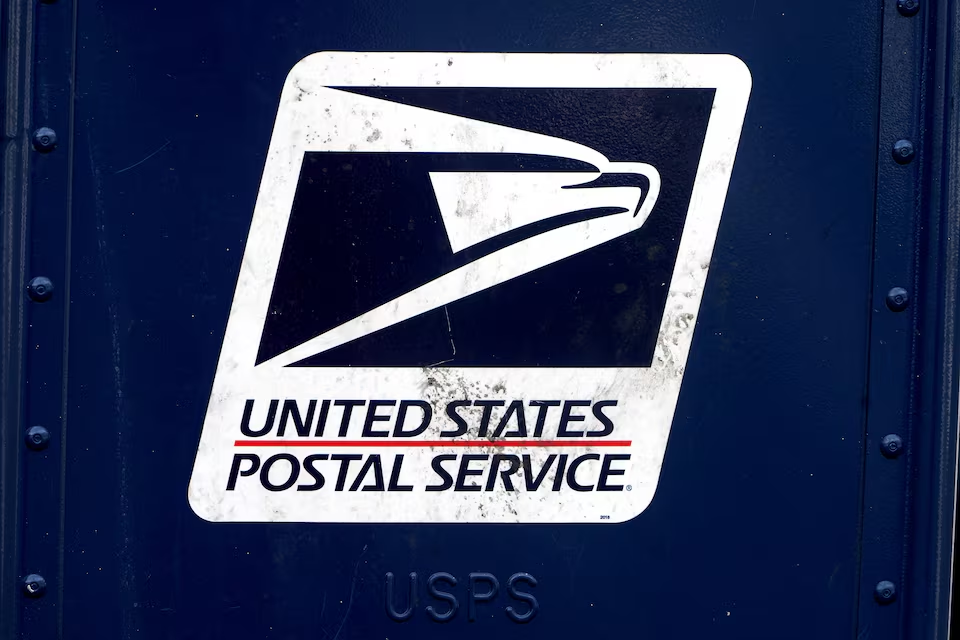In a move aligning with campaign promises to reverse climate-related policies, Donald Trump’s incoming administration is reportedly considering canceling the U.S. Postal Service’s (USPS) contracts to electrify its delivery fleet. According to sources familiar with the plans, this step would be part of a larger effort to dismantle President Joe Biden’s electric vehicle (EV) initiatives and associated climate goals.
Electrification Plans Under Threat
The USPS had committed to transitioning to one of the nation’s largest electric delivery fleets, supported by a $3 billion allocation under a $430 billion climate bill passed in 2023. The plan envisioned purchasing 66,000 EVs, with Oshkosh Corporation supplying 45,000 of them, while major automakers like Ford would provide the rest. Additionally, the USPS had begun installing 14,000 charging stations with suppliers including Siemens, ChargePoint, and Blink.
However, the Trump transition team is reviewing ways to unwind these multibillion-dollar contracts, which could halt or reduce the USPS’s shift to EVs. This potential policy pivot coincides with Trump’s campaign rhetoric against the Biden administration’s decarbonization efforts, which he has described as costly and harmful to the economy.
Stock Market Reacts
News of the potential cancellation triggered a market reaction, with Oshkosh shares falling 5% to $105.65. Both Oshkosh and Ford declined to comment on the matter.
Executive Orders in Focus
In addition to targeting the USPS electrification project, Trump is expected to roll back Biden’s stricter fuel efficiency standards and eliminate a $7,500 consumer tax credit for EV purchases. These efforts reflect his broader agenda to limit federal support for EVs and promote traditional fuel-powered vehicles.
Trump’s transition team spokeswoman, Karoline Leavitt, emphasized the administration’s commitment to defending consumer choice and protecting the U.S. auto industry. “President Trump will protect the freedom of Americans to drive whichever vehicle they choose, enhance his tough tariffs on Chinese-imported cars, and save the U.S. auto industry for generations to come,” she stated.
Challenges to Cancelation
While the USPS is an autonomous federal agency with its own governing board, altering or terminating the contracts could face legal and logistical challenges. Analysts at Jefferies, an investment banking firm, suggested a complete cancellation of USPS contracts is unlikely but acknowledged the possibility of shifting the vehicle mix toward traditional fuel-powered options to align with the new administration’s priorities.
“Given the need for replacing aging equipment, we are confident the USPS will receive new vehicles in 2025. However, the mix could shift to appease an administration that is more hostile to EVs,” the analysts wrote.
Biden’s EV Legacy Under Threat
The Biden administration had aggressively pursued EV adoption, setting a goal for 50% of all new passenger cars and light trucks to be zero-emission vehicles by 2030. Executive orders and regulations aimed at tightening emissions standards underscored Biden’s commitment to combating climate change.
The Trump administration’s proposed rollback of these initiatives raises questions about the future of the USPS electrification program and the broader trajectory of U.S. climate policy. While the exact details of the policy changes remain unclear, the unfolding developments highlight the stark contrasts in environmental and energy priorities between the Biden and Trump administrations.
A Pivotal Moment for U.S. Climate Policy
As Trump prepares to take office on January 20, his administration’s decisions on EV-related policies will test the boundaries of executive power, impacting federal spending, trade, and the nation’s decarbonization goals. The outcome could reshape the U.S. auto industry and its approach to addressing climate change for years to come.



